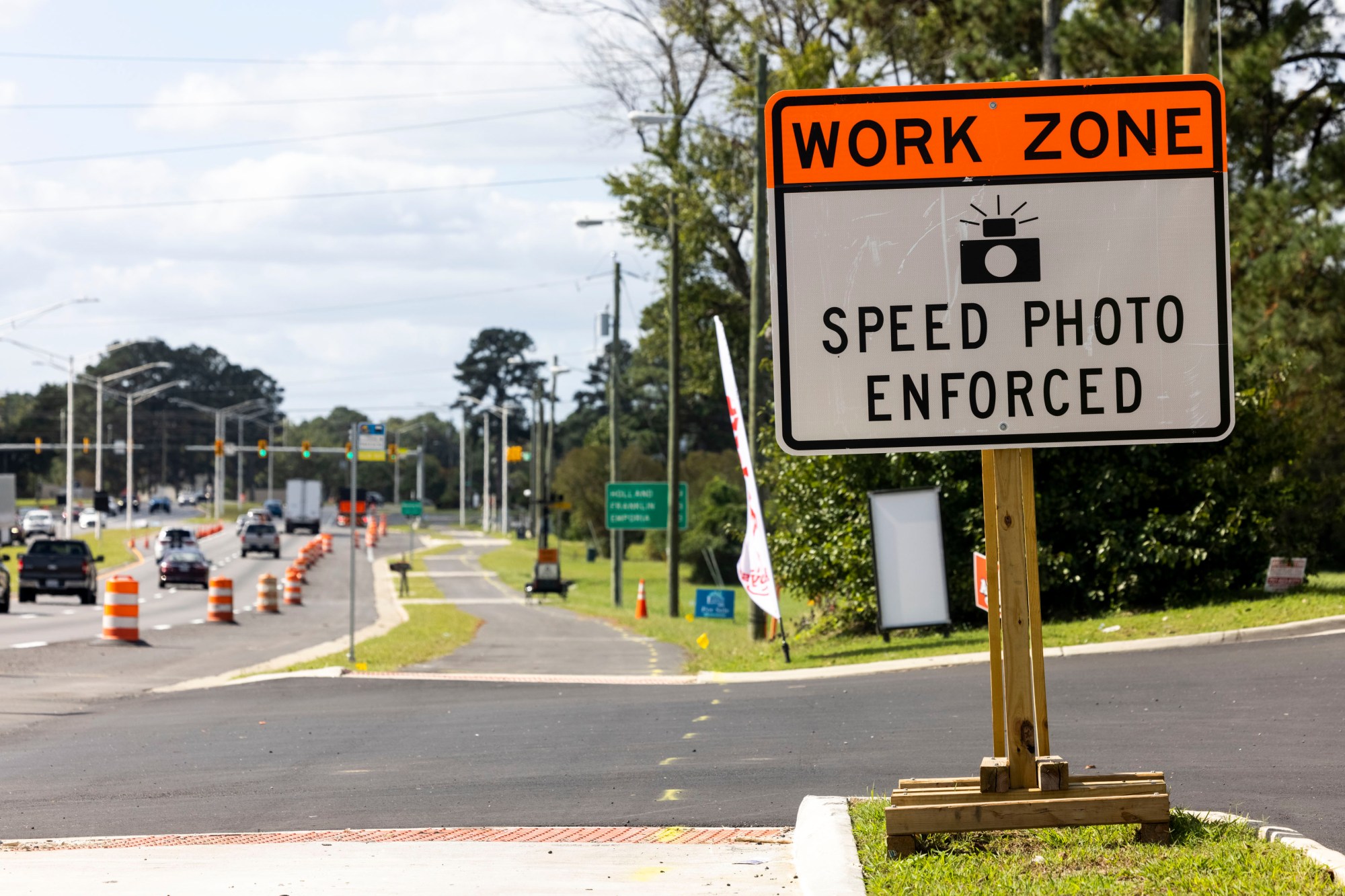Speed cameras are promoted for reducing speeding and enhancing road safety. Yet some officials, including Sen. Mark Peake, worry these devices may be more profitable than protective, prompting calls for legislative action.
Speed cameras might make roads safer, but they’re also a big money maker for localities

Key Takeaways:
- Speed cameras are designed to curb speeding and make roads safer.
- They have become lucrative revenue generators for many localities.
- Sen. Mark Peake criticized the high sums collected, labeling them “outrageous.”
- Lawmakers are considering new measures to address potential overuse.
- Public conversation revolves around balancing safety and profit.
A Controversial Enforcement Method
Speed cameras now dot roadways in many communities, touted for their capacity to reduce speeding and prevent collisions. As local governments explore automated solutions to bolster enforcement, supporters argue that the presence of these cameras can deter dangerous driving behaviors.
The Financial Windfall
Beyond questions of safety, these cameras have proven lucrative, funneling substantial sums of money into municipal budgets. While some see the extra funding as a welcome boost to local infrastructure and public services, others contend that this financial aspect can undermine their intended purpose.
Lawmakers Raise Concerns
“I’m looking at these totals, and I am appalled,” said Sen. Mark Peake, R-Lynchburg, as he reviewed the revenue figures tied to speed camera fines. “This is outrageous. We have to do something as a General Assembly.” His comments highlight a growing worry that these devices may unfairly burden drivers while giving municipalities a financial windfall.
Calls for Reform
Critics argue that any enforcement tool should primarily serve public safety, not act as a hidden tax on motorists. The debate now moving through state legislatures centers on whether new policy measures or revised regulations are needed. For many, the ultimate challenge is to strike a balance—ensuring speed cameras fulfill their original mission of safeguarding roads without producing an outsized windfall for local governments.











